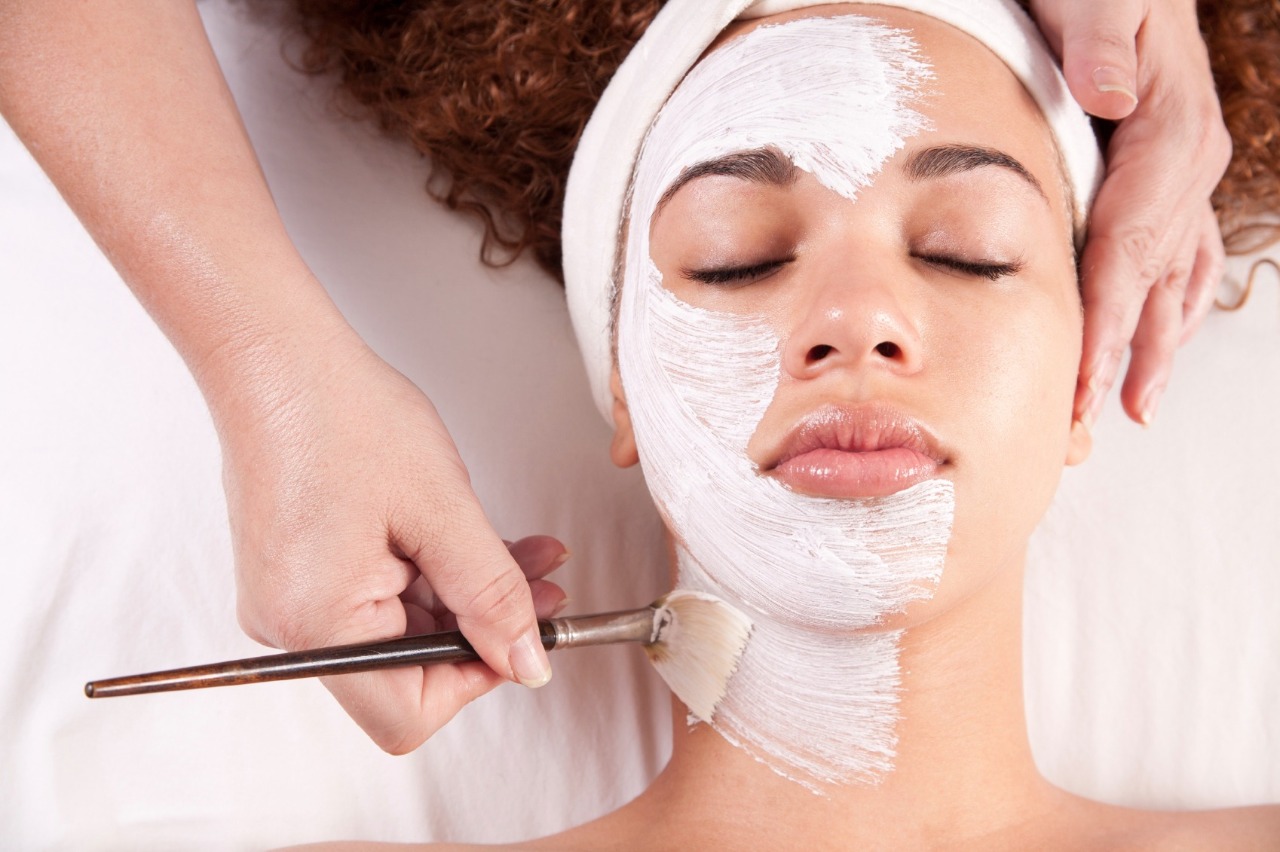Getting the right help with your skin problems starts with knowing who to consult.
When disaster strikes our skin, we’re often tempted to opt for the fastest solutions — but what if you need more than just a quick fix? Getting on track to a perfect complexion means knowing who to trust when your OTC solution or home remedy doesn’t get the job done. Before setting up an appointment with a dermatologist or aesthetician, it’s important to understand the nuances of each profession — so that you can pursue your next skincare treatment with confidence.
What’s the Difference Between a Dermatologist and an Aesthetician?
It’s important to remember that dermatologists are fully certified physicians. Between college, medical school, and residency, even the most inexperienced dermatologist has over a decade of training under her belt. An aesthetician, on the other hand, typically trains for only 1-2 years, traditionally working in spas and salons instead of doctors’ offices. Even if an aesthetician is practicing in a medical setting, it is typically under the direction of a dermatologist.
Their areas of expertise are also vastly different. Dermatologists are experts in all skin, hair, and nail conditions, and many are capable of performing complex procedures. Aestheticians are unable to prescribe medicine, focusing instead on skin care, facials, and non-invasive procedures.
When Should I See an Aesthetician?
In many cases, aestheticians are the right choice for less serious conditions, including acne, dry patches, and age spots. Aestheticians perform procedures such as pore cleansing, acid peels, exfoliating treatments, waxing, and various light, laser, or ultrasound procedures.
When Should I See a Dermatologist?
Chronic skin concerns, painful breakouts, rashes, and other more serious issues should always be looked at by a dermatologist. They’re also the only skincare professionals capable of advanced medical treatments such as biopsies or surgical removal, as well as complicated cosmetic treatments.
Do They Ever Work Together?
Yes, they do! Think of a dermatologist as your overall skin consultant, monitoring general health and assessing the best course of action. Meanwhile, an aesthetician is the person who carries out the dermatologist’s plan for more common skin issues.
A dermatologist will often recommend procedures for a patient to try before visiting an aesthetician. For example, dermatologists can provide prescription creams that loosen blackheads and whiteheads, which will make an aesthetician’s services more effective down the line.
When in doubt, it’s always best to consult a dermatologist before undergoing any procedure with an aesthetician or other skincare professional — even if it’s for something as small as a zit.

